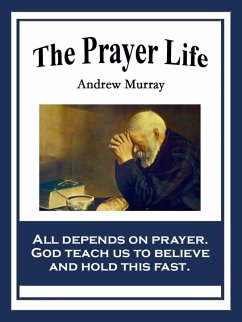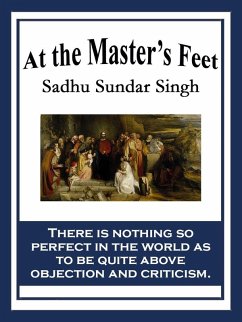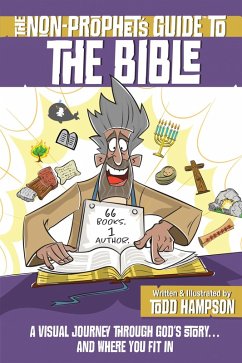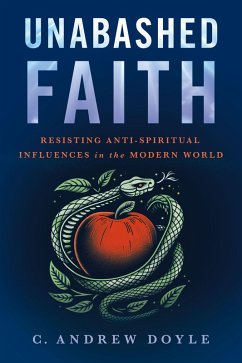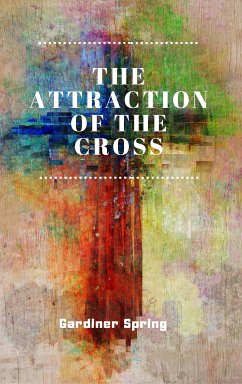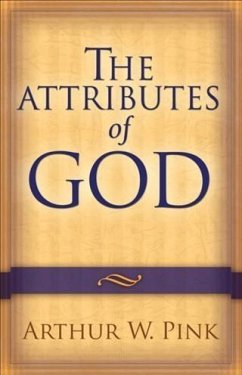
On Christian Doctrine (eBook, ePUB)
Enriched edition. Theological Treatise on the Teachings of Scriptures
Kommentar: Ewing, Garrett / Redaktion: Good Press / Übersetzer: Dods, Marcus
Versandkostenfrei!
Sofort per Download lieferbar
1,49 €
inkl. MwSt.
Weitere Ausgaben:

PAYBACK Punkte
0 °P sammeln!
In "On Christian Doctrine," Saint Augustine offers a profound exploration of Christian theology and its implications for interpreting scripture. Written in a contemplative yet accessible style, Augustine delves into the principles of biblical interpretation, presenting a harmonious blend of faith and reason. The work is framed within the socio-historical context of the late Roman Empire, addressing the challenges faced by Christians in a predominantly pagan society, and serving as both a guide for clerical education and a manifesto for understanding divine truth through scripture. Saint August...
In "On Christian Doctrine," Saint Augustine offers a profound exploration of Christian theology and its implications for interpreting scripture. Written in a contemplative yet accessible style, Augustine delves into the principles of biblical interpretation, presenting a harmonious blend of faith and reason. The work is framed within the socio-historical context of the late Roman Empire, addressing the challenges faced by Christians in a predominantly pagan society, and serving as both a guide for clerical education and a manifesto for understanding divine truth through scripture. Saint Augustine of Hippo, one of the most influential theologians in Western Christianity, penned this essential text during a time of personal and ecclesiastical self-reflection. His own tumultuous journey from a secular existence to a profound faith informs the heartfelt urgency with which he addresses the need for a proper understanding of Christian doctrine. His background in rhetoric and philosophy underpins the intellectual depth of the work, as he skillfully navigates the complexities of language and divine meaning. This seminal work is recommended for scholars, theologians, and lay readers alike, as it provides invaluable insights into the nature of Christian teaching and the interpretative approach toward scripture. Augustine's synthesis of faith and intellect is not merely historical; it invites readers to engage with their own beliefs critically, offering reflections that resonate with contemporary spiritual and ethical dilemmas. In this enriched edition, we have carefully created added value for your reading experience: - A succinct Introduction situates the work's timeless appeal and themes. - The Synopsis outlines the central plot, highlighting key developments without spoiling critical twists. - A detailed Historical Context immerses you in the era's events and influences that shaped the writing. - An Author Biography reveals milestones in the author's life, illuminating the personal insights behind the text. - A thorough Analysis dissects symbols, motifs, and character arcs to unearth underlying meanings. - Reflection questions prompt you to engage personally with the work's messages, connecting them to modern life. - Hand-picked Memorable Quotes shine a spotlight on moments of literary brilliance. - Interactive footnotes clarify unusual references, historical allusions, and archaic phrases for an effortless, more informed read.
Dieser Download kann aus rechtlichen Gründen nur mit Rechnungsadresse in A, B, BG, CY, CZ, D, DK, EW, E, FIN, F, GR, H, IRL, I, LT, L, LR, M, NL, PL, P, R, S, SLO, SK ausgeliefert werden.




